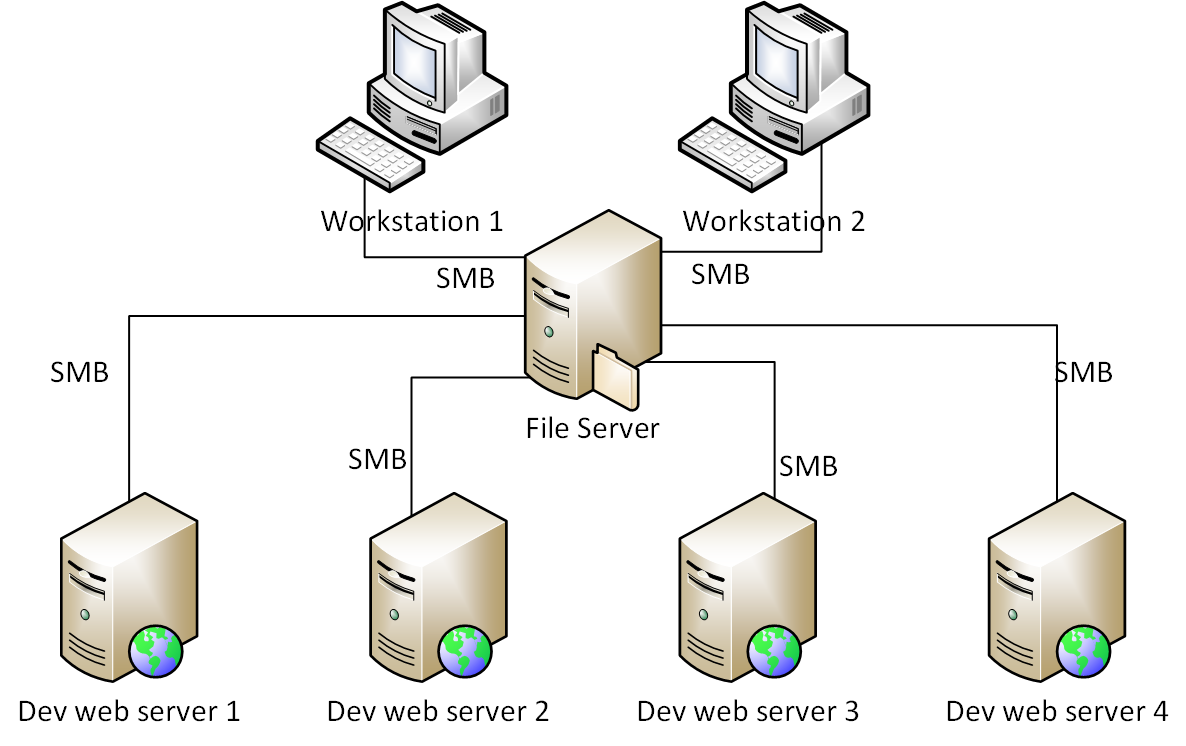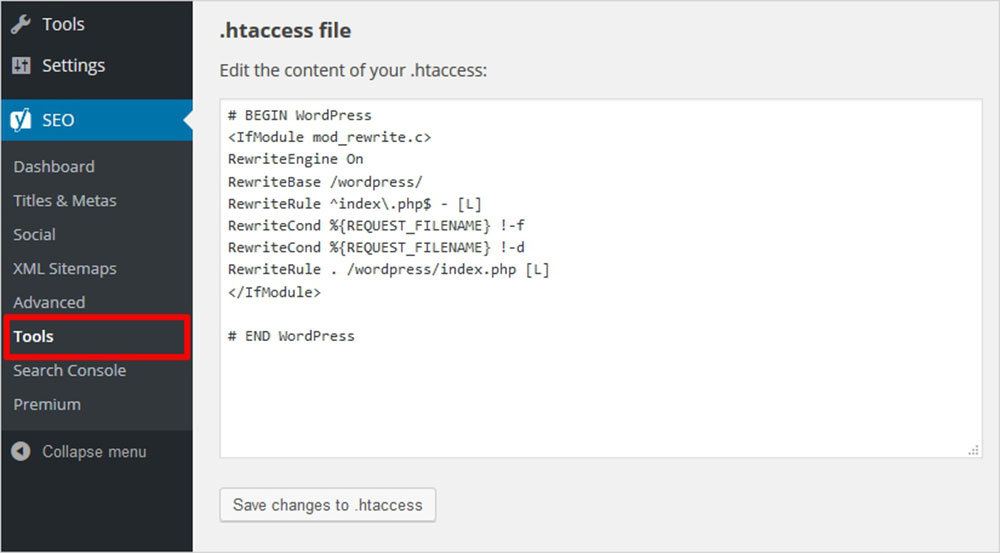
SSL stands to Secure Sockets Layer. It protects the website and diverts communication through a secure channel using sophisticated encryption keys. The SSL handshake signal decrypts the communication at the data or user ends. This handshake signals that the communication was encrypted.
Secure Sockets Layer
Secure Sockets Layer is a network protocol that creates encrypted connections between a web client (or web server) and a web browser. The protocol uses two keys - one public and one known only to the sender - to encrypt and decrypt data. SSL-enabled web sites are marked with HTTPS in URLs. The server will provide a trusted certificate that includes a public-key public key if a user requests encrypted session from a secured site.
To encrypt data between the client and server, the protocol uses asymmetric-key algorithm. Unlike other encryption methods, the keys generated by symmetric encryption are unique for every connection. Client and server negotiate the encryption details prior to the transmission of the first byte. This makes encryption secure and reliable.
Function
SSL is a security protocol to encrypt data that is transferred between a website (and its users). This means that only the intended recipient can unlock the data. This is great if sensitive data has to be shared online. It also makes it almost impossible for hackers to intercept this information. SSL is essential for websites.

SSL establishes a trusted connection between a browser and a web server, creating a secure connection. It does this through recognizing a certificate issued by a webserver and sending that certificate to the browser. The browser validates that the certificate is genuine. It then sends back a digitally signed acknowledgment to initiate an SSL encrypted session. The browser and web server share the encrypted data.
Types
There are two types SSL certificates available: self-signed or third-party. Self-signed certificates offer data encryption and include HTTPS in the address bar. Self-signed certificates are not trusted, since anyone can create them without the help of a trusted third person. When browsing self-signed websites, most browsers will display warning messages.
SSL certificates are installed on a web server, or multiple web servers, and are used to validate domains. They can also be used for securing a website. An SSL certificate can protect more than one domain or subdomain.
Importance
SSL is Secure Sockets layer and protects sensitive information from being sent between computers. This secure connection prevents computers from intercepting and detecting the data between users. One example of this is when a visitor to a website fills out a form with their personal details. This data could be accessed by identity thieves and hackers without SSL. To protect sensitive information of visitors, SSL should be used on all websites.
SSL is also important for Google's rankings. Google is constantly updating its ranking algorithm. SSL may give your website a slight boost on search engine rankings. SSL can also make your site seem trustworthy to users. Chrome and other browsers will warn you if your site doesn't have SSL certificates.

Obtained a certificate
Getting a certificate for SSL is an important step to protect your website from online attacks. SSL certificates provide information about the site's owner, including its public key, serial numbers, expiration dates, and the digital signature from the certifying authority. These certificates verify your site's legitimacy and serve to authenticate it. The HTTPS suffix in your URL can be used to verify that the certificate is valid.
You can easily install an SSL certificate to your site using certain CMS platforms. For example, HubSpot CMS has a built-in SSL that comes free of charge. It also manages renewing your SSL certificates. It will do this 30 days before it expires.
FAQ
What is the cost of building a website?
The answer to that question depends on the purpose of your website. Google Sites, for example, might not be necessary if you are merely looking to share information about your business or yourself.
However, if visitors are serious about coming to your site, they will be willing to pay more.
A Content Management System (like WordPress) is the best solution. These programs enable you to create a website in no time. You won't be hacked because these websites are hosted by third parties.
Squarespace, a web design service, is another option. The plans range from $5 per month up to $100 per month depending on what content you want to put on your site.
How Do I Create a Free Website?
It all depends on which type of website it is. Do you want to sell products online? Start a blog? Build a portfolio?
It is possible to create a basic website with HTML and CSS (a combination HyperText Markup Language & Cascading Style sheetss). Although HTML and CSS can be used to create simple websites, web developers prefer using a WYSIWYG editor like Dreamweaver or Frontpage.
You might consider hiring a freelance designer if you don’t know how to design websites. They can help you build a website customized to your needs.
A freelance developer may charge you either a flat-fee per project, or an hourly fee. It depends on the amount of work that they do in a given time frame.
One example is that some companies charge $50-$100 for an hour. For larger projects, you'll typically get a higher rate.
Many freelance websites also list open jobs. You can search there before you contact potential developers directly.
Is web development hard?
Although web development isn't easy, there are many resources online that will help you get started.
All you have to do is find the right tools and then follow them step-by-step.
YouTube and other platforms provide many tutorials. There are also free online programs like Sublime Text and Notepad++.
Books can also be found in libraries and bookstores. Here are some of the most popular:
O'Reilly Media presents "Head first HTML & CSS".
O'Reilly Media's Head First PHP and MySQL 5th Ed.
Packt Publishing: "PHP Programming to Absolute Beginners"
I hope that this article has been helpful to you.
What is a static web site?
A static website is possible to be hosted anywhere: Amazon S3, Google Cloud Storage or Windows Azure Blob storage. Rackspace Cloudfiles, Rackspace Cloud Files. Dreamhost and Media Temple. A static website can be also deployed to any platform supporting PHP, including WordPress, Drupal and Joomla!, Magento, PrestaShop and others.
Static web pages can be easier to maintain as they don’t need to send requests back and forward between servers. They load quicker because they don't need to send requests back and forth between servers. These are just a few reasons why static web pages can be a better option for small companies who don't have the resources or time to maintain a website.
Where can I find freelance web developers?
Freelance web designers and developers are available in many locations. Here are some top options.
Freelance websites
These sites offer job listings for freelance professionals. Some sites have very specific requirements while others do not care about what kind of work you do.
Elance, for instance, has high-quality job opportunities for programmers, writers, translators, editors and project managers.
oDesk has similar features, but they focus on software development. They offer positions in PHP and Java, JavaScripts, Ruby, C++, Python, JavaScripts, Ruby, iOS, Android, as well as.NET developers.
Another option is oWOW. Their site is focused on web designers and graphic artists. They offer writing, video editing and programming as well as SEO, social media marketing, website design, and many other services.
Online Forums
Many forums allow members to post jobs and advertise themselves. For example, there's a forum dedicated to web developers called DeviantArt. If you type in "webdeveloper" into the search bar, you'll see a list containing threads from people looking to assist them with their sites.
What is responsive web design?
Responsive Web Design, also known as RWD, is a way of designing websites so that content displays on all devices. This includes desktop computers, tablets (tablets), smartphones, etc. This allows users to simultaneously view a website from one device while still being able to access other features, such as navigation menus and buttons. RWD aims to ensure that every user who views a site is able to view it on any screen size.
If you are building a website to sell products primarily via eCommerce, then you want to make sure that customers can purchase items from your store even if they view it on their smartphones.
A responsive site will automatically adjust its layout based on the device being used to view it. So, viewing the site on your laptop will look like a standard desktop website. But, the page will appear differently if you view it on your phone.
This allows you to create one website that works on all devices.
Statistics
- It's estimated that in 2022, over 2.14 billion people will purchase goods and services online. (wix.com)
- Did you know videos can boost organic search traffic to your website by 157%? (wix.com)
- Studies show that 77% of satisfied customers will recommend your business or service to a friend after having a positive experience. (wix.com)
- When choosing your website color scheme, a general rule is to limit yourself to three shades: one primary color (60% of the mix), one secondary color (30%), and one accent color (10%). (wix.com)
- In fact, according to Color Matters, a signature color can boost brand recognition by 80%. There's a lot of psychology behind people's perception of color, so it's important to understand how it's used with your industry. (websitebuilderexpert.com)
External Links
How To
What is website hosting?
Website hosting refers to where people go when they visit a website. There are two types of website hosting:
-
Shared hosting is the cheapest. Your website files are stored on a server that is owned by another person. Customers visiting your website send their queries over the Internet, to that server. The request is sent to the server's owner who then passes it on to you.
-
Dedicated Hosting - This option is the most costly. Your website will reside on a single server. Your traffic stays private as no other websites can share the same server.
Shared hosting is preferred by most businesses because it's cheaper than dedicated hosting. When you use shared hosting, the company that hosts the server gives you the resources to run your site.
But there are pros and cons to both options. These are some of the major differences between them.
Shared Hosting Pros
-
Lower Cost
-
Simple to Setup
-
Frequent Updates
-
It is available on many Web Hosting Companies
Hosting shared with others can cost as low as $10/month. This price often includes bandwidth. Bandwidth describes the amount of data that can be transferred over the Internet. So even if you only upload photos to your blog, you may still pay extra money for high amounts of data transferred through your account.
You'll soon realize why your old host cost so much once you get started. Many shared hosts offer very little customer support. Although they will help you set up your site occasionally, you are on your own once you have done that.
It is important to find a provider that provides 24-hour support. They will help you deal with any issues that arise while your sleeping.
Cons of dedicated hosting
-
More Expensive
-
Less Common
-
Requires Special Skills
With dedicated hosting, you get everything you need to run your website. You won't have to worry about whether you're using enough bandwidth or whether you've got enough RAM (random access memory).
This means you will need to spend more upfront. However, once you start running your business online, you'll find that you won't need much technical assistance. You'll quickly become an expert at managing your server.
Which is better for my business?
This depends on the kind of website that you want. If you're selling products only, shared hosting might work best. It's very easy to setup and maintain. It's easy to set up and maintain, as you share a server with other sites. You will likely be updated frequently.
However, dedicated hosting is the way to go if you want to build a community around your brand. It allows you to focus on building your brand and not worrying about managing your traffic.
Bluehost.com has both. Bluehost.com offers unlimited monthly data transfers, 24/7 customer support, domain registrations free of charge, and a 30-day guarantee for your money back.